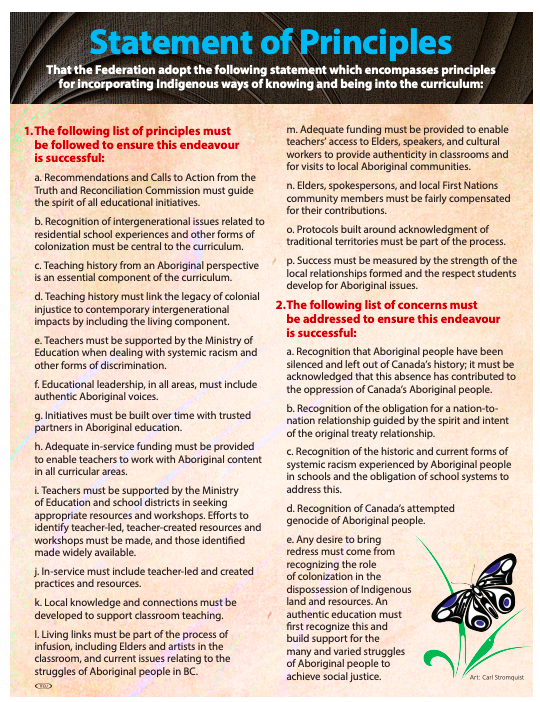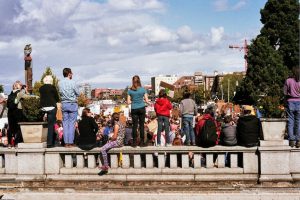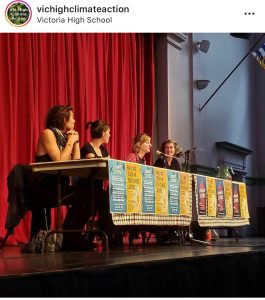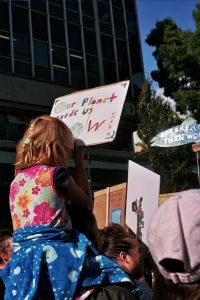I’ve been thinking a lot lately about the idea of Indigenizing Curriculum.
-izing something, in my mind, assumes that at the basis of it all, we carry on doing things as we always have been – with the added bonus of weaving in the best parts of new ideas. Perhaps the work is too difficult, too emotional, too heavy, too…something.

(from https://bctf.ca/uploadedFiles/Public/AboriginalEducation/StatementOfPrinciples.pdf)
I am feeling hungry for considering the possibility of entirely disrupting what we’ve been doing, of blowing it up and starting as fresh as possible with the resources and capacities that we have. …would that be doing more honest justice to fixing a broken system?
And more importantly, if our intention is to have an education system that centers Indigenous ways of knowing and being…then perhaps it involves paying Indigenous people to guide everyone through this next journey. (That assumes, of course, that Indigenous folks would be interested in doing that deep work…that would then be taken up disproportionately by white settler educators who represent what got everyone into the mess in the first place…)
I guess I’ve been thinking about the why of Indigenizing Curriculum, of adding the 9th standard for BC Educators, of sprinkling First People’s Principles of Learning into our lesson plans.

(from the UVic Teachers’ Competency Guide, 2019)
And just as importantly, I’ve been thinking about who benefits from us doing this work. Is it Indigenous Peoples? Is it settlers? Is it society as a whole?
I have no answers! Just questions! But I do know that I’m uncertain about the logic in taking something from peoples who have been endlessly taken from (but this time perhaps with permission) without easily knowing or accessing the answers to all of these questions.


